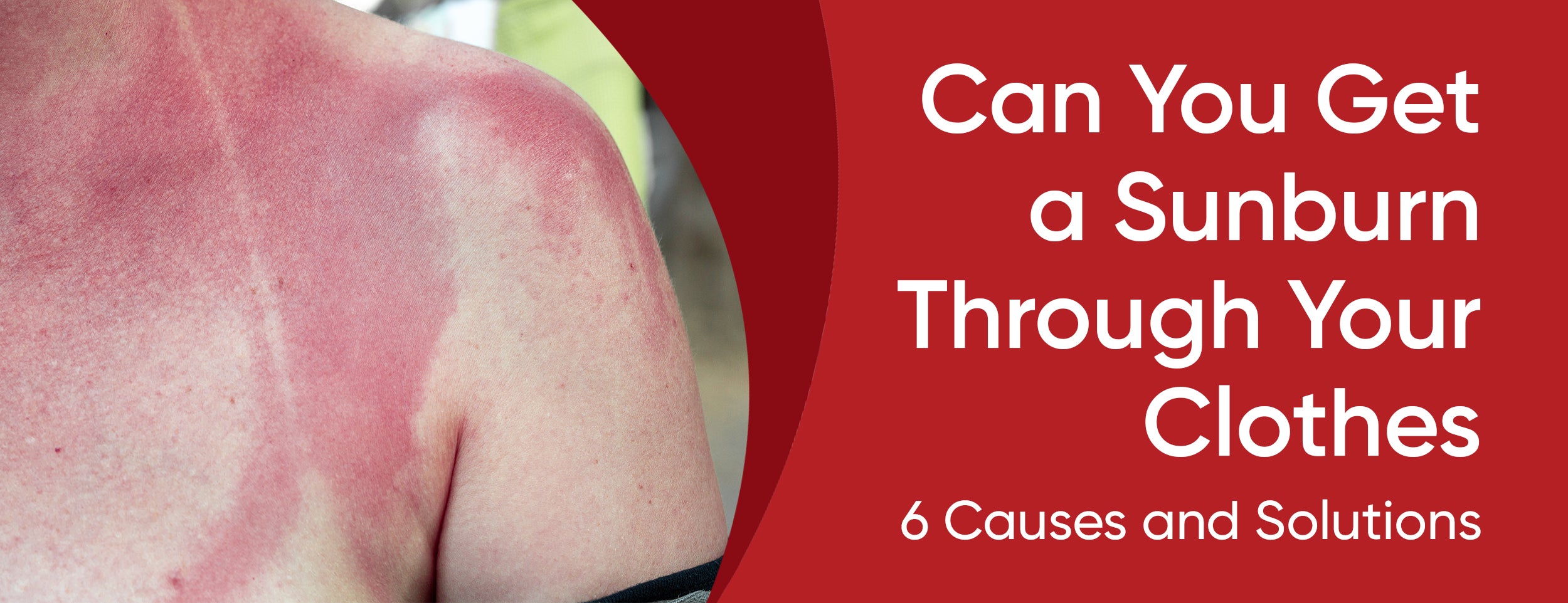Swimming with a sunburn can worsen symptoms like pain, itching, and peeling and increase the risk of skin damage, dehydration, and heatstroke. Legal implications, such as beach regulations and liability, should also be considered.
The practice of swimming with broken skin should be avoided in both chlorinated pools and open water, Ellis advises. The chemical components in pool water and the high salt content of ocean water may cause irritation and infection in individuals with broken skin.
In this blog post, we will explore the factors you need to consider if you want to swim with a sunburn, the prevention methods you can use, and the risks and potential consequences if you decide to take the plunge.
Can I Swim in The Ocean with a Sunburn: 14 Facts

We will explore the elements you need to consider before swimming after a sunburn. We will also provide you with tips to ensure that you have a safe and enjoyable swimming experience.
Severity of Sunburn: Mild or Severe
The severity of your sunburn is one of the most important factors to consider when going swimming. If your sunburn is mild, you may be able to swim without experiencing much discomfort.
If your sunburn is severe, swimming in the ocean can be very painful. Here are some tips to help you determine the severity of your sunburn:
- Mild Sunburn: Your skin may look slightly red and feel warm. You may experience minor discomfort, such as itching or stinging.
- Severe Sunburn: Your skin may be red, blistered, and swollen. You may experience intense pain, fever, and chills.
If you have a severe sunburn, it is best to avoid swimming in the ocean until your skin has fully healed. Swimming in salt water can worsen your sunburn and cause further discomfort.
Location Matters: Sunburned Face, Shoulders, or Back
The location of your sunburn is another essential factor when planning ocean swimming. If your sunburn is on your face, shoulders, or back, swimming in the sea can be very uncomfortable. Tips for preventing sunburn in these areas include:

- Face: Wear a wide-brimmed hat or use a parasol to protect your face from the sun. Put an ice pack on your face before and after swimming to soothe your skin.
- Shoulders: Wear a swim shirt to protect your shoulders from the sun. Alternatively, apply aloe vera or a cooling gel to your shoulders before and after swimming.
- Back: Wear a swim shirt or a rash guard to protect your back from the sun. Apply aloe vera or cooling gel to your back after swimming.
Saltwater vs. Freshwater: Same or Different Effects
The type of water you swim in can also affect your sunburn. Saltwater and freshwater can have different effects on your skin, so it is essential to understand these differences before swimming. Tips for understanding the effects of saltwater and freshwater on sunburn:
- Saltwater: Saltwater can worsen sunburn and cause further discomfort. Also, your skin can dry out and become more sensitive to the sun.
- Freshwater: Freshwater can soothe sunburn and reduce discomfort. It can also help your skin to heal faster.
If you have a mild sunburn, swimming in freshwater may be beneficial. For sunburns that are severe, stay away from water for at least a week.
Time of Day: Avoiding Peak Sun Hours

The time of day that you swim in the ocean can also affect your sunburn. It is best to swim in the sea during non-peak hours to avoid exposing your skin to the sun’s harmful rays. These tips will help you choose the best time to swim in the ocean:
- Non-Peak Hours: Non-peak hours are typically early in the morning or late in the afternoon. Swimming during these hours can help reduce your risk of sunburn.
- Peak Hours: Peak hours are typically from 10 a.m. to 4 p.m. Swimming during these hours can increase your risk of sunburn and other heat-related illnesses.
Current and Tide Conditions: Safety Considerations
The current and tide conditions can also affect your safety when swimming in the ocean. It is essential to check these conditions before entering the water to ensure that you are safe. Follow these tips to check the current and tide conditions:
- Current Conditions: Check the local beach website or ask a lifeguard about the current conditions. Look for warnings about strong currents or rip currents.
- Tide Conditions: Check the local tide charts to see when the tide will be high or low. Avoid swimming during low tide, as this can increase your risk of getting stranded on a sandbar.

Underwater Hazards: Increased Risk of Injury
It's important to note the increased risk of injury from sunburned swimmers. Even if you're a strong swimmer and know the area well, there are a few underwater hazards you should be aware of, including:
- Increased risk of jellyfish stings: Sunburned skin is more sensitive and vulnerable to painful jellyfish stings.
- Poor visibility: Water visibility can be limited in certain areas, increasing your risk of injury from sharp rocks, shells, or other underwater obstacles.
- Increased sunstroke: Spending extended periods in the sun and water can increase your risk of developing sunstroke, which can cause dangerous symptoms like disorientation, nausea, and fainting.
Ocean Swimming with a Sunburn: 10 Risks
While it might be tempting to dive into the calm waters and relieve the pain and itching, swimming with a sunburn can put your health and safety at risk. This article discusses the risks and potential consequences of swimming with a sunburn, including enhancing sunburn symptoms, skin damage, health risks, and legal implications.
Enhancing Sunburn Symptoms: Pain, Itching, and Peeling
When you have a sunburn, your skin is already damaged and sensitive. If you expose it to saltwater or chlorinated pool water, it can worsen your symptoms. Here are some ways swimming can enhance your sunburn symptoms:
- Pain: Swimming in salty or chlorinated water can make your skin sting and burn, causing additional pain.
- Itching: When you come out of the water, the salt or chlorine can dry out your skin, making it more itchy and uncomfortable.
- Peeling: Swimming can speed up the process of peeling, as the water can loosen the dead skin cells.
Skin Damage: Premature Aging and Skin Cancer

Swimming with a sunburn not only enhances your symptoms but also increases your risk of skin damage. Here are some effects of UV radiation on the skin:
- Premature aging: Sunburn speeds up the aging process of your skin, causing wrinkles, fine lines, and age spots.
- Skin cancer: Sunburn is a significant risk factor for skin cancer, including melanoma, the deadliest type.
When you swim in the ocean or pool, you're exposing your already damaged skin to UV radiation, which can further harm your skin cells and increase your risk of skin cancer.
Health Risks: Dehydration and Heat Stroke
Swimming with a sunburn can also affect your health, especially if you're unaware of the risks. Here are some health risks of swimming with a sunburn:
- Dehydration: When you're in the water, you might not feel thirsty, but that doesn't mean you're not losing fluids. Sunburned skin loses moisture and can be a risk factor for dehydration, especially if you're not drinking enough water.
- Heat stroke: Sunburned skin can disrupt your body's cooling mechanism, making you more prone to heat stroke. Swimming in warm water can also increase your body temperature and trigger heat exhaustion or heat stroke.

Legal Implications: Beach Regulations and Liability Issues
Swimming with a sunburn can have legal implications, especially if you're breaking beach regulations. Here are some examples of beach regulations and liability issues related to swimming with a sunburn:
- No swimming when the beach is closed: If the beach is officially closed due to weather or safety reasons, swimming can put you at risk of drowning or other hazards and also make you liable for any legal consequences.
- No swimming under the influence of drugs or alcohol: When you're drunk or drugged, you're more likely to put yourself and others at risk while swimming. If you're caught, you might face legal consequences and fines.
- No swimming with open wounds or infections: If you have open wounds or infections, swimming can worsen your condition and expose others to the risk of disease. Beach authorities might make you leave the beach or face legal penalties.
Sunburn and Ocean Swimming: Prevention Methods
While swimming in the ocean the refreshing seawater may be tempting, it's essential to take precautions to avoid worsening your sunburn or developing skin complications. We will discuss the various prevention methods you can adopt to enjoy your beach day despite sunburn.
Sunscreen: High SPF and Water-Resistant
Sunscreen is the most important preventive measure that you can take against a sunburn. Here are some facts about sunscreen that you should know:
- An effective sunscreen should have an SPF (Sun Protection Factor) of at least 30. The higher the SPF, the more protection it offers against harmful UV (ultraviolet) rays.
- Choose a water-resistant sunscreen. This will ensure the sunscreen does not wash off or rub off easily when entering the water.
- Be sure to apply sunscreen for 15-30 minutes before heading out into the sun. Reapply every two hours or more frequently if you are sweating or swimming.
Protective Clothing and Accessories

Clothing and accessories can provide additional protection against the sun. Here are some tips on what to wear:
- Wear loose-fitting, long-sleeved shirts and pants made of lightweight linen or cotton.
- Make sure that you wear a wide-brimmed hat that provides you with shade for your face, ears, and neck.
- Sunglasses that block 100% of UVA and UVB rays should be worn.
Avoiding Sun Exposure During Peak Hours
The sun's rays are strongest between 10 a.m. and 4 p.m. It's important to avoid direct sun exposure during these hours to reduce the risk of further sunburn and skin damage. Here are some strategies to avoid exposure during peak hours:
- Schedule outdoor activities before 10 a.m. or after 4 p.m.
- Take breaks in shaded areas during peak hours.
- If you must be outdoors during peak hours, seek shade and wear protective clothing.
Limiting Exposure Time in the Water
Saltwater can irritate sunburned skin and cause further discomfort. While you may want to take a dip in the ocean, it's essential to limit your exposure time if you have a sunburn. Here are some tips:
- Spend 10-15 minutes in the water at a time.
- Take frequent breaks out of the water to rest and reapply sunscreen.
- Consider using a rash guard or wetsuit to protect your skin in the water.

Natural Remedies: A Soothing Option
A natural remedy such as aloe vera, coconut oil, and oatmeal can help soothe sunburned skin and reduce inflammation. Here are some tips:
- Gel or lotion made from aloe vera can be applied to affected areas to cool and soothe the skin.
- Use coconut oil to moisturize and protect the skin from further damage.
- Take a cool bath with oatmeal to reduce inflammation and itchiness.
Conclusion
While the ocean may seem like a great escape from the blistering heat, taking a swim with a sunburn can be a risky affair. The factors we've discussed above, including the severity of sunburn, location, and water conditions, all need to be considered before taking the plunge.
While there are preventive measures you can take, including sunscreen, protective clothing, and limiting water exposure, it is recommended that you avoid swimming in the ocean altogether if you have a sunburn. The risks of worsening sunburn symptoms, skin damage, and health risks are not worth the temporary relief of a quick swim.
Your skin is your body's largest organ, and taking good care of it is essential for your overall health and well-being. So, stay mindful of the sun's harmful rays and protect your skin the best you can.



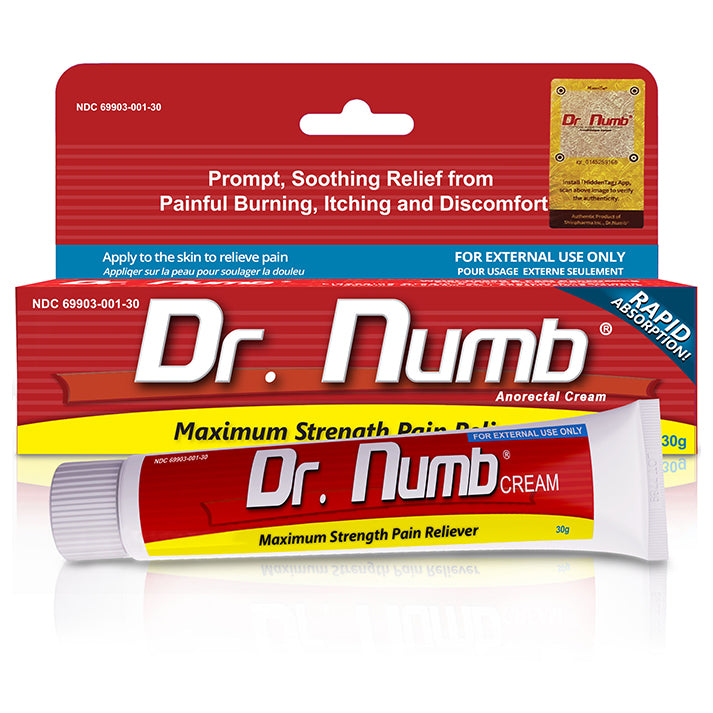

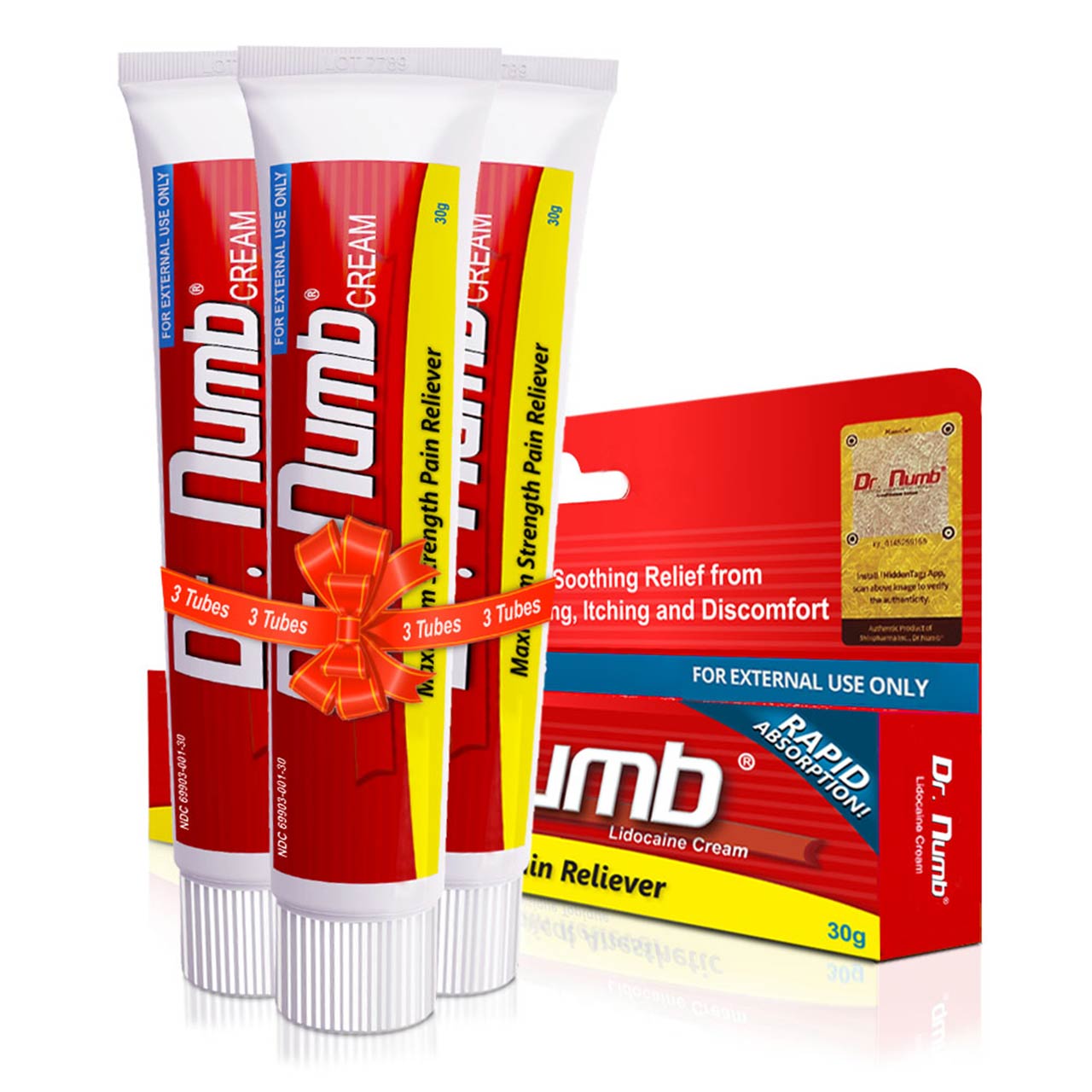
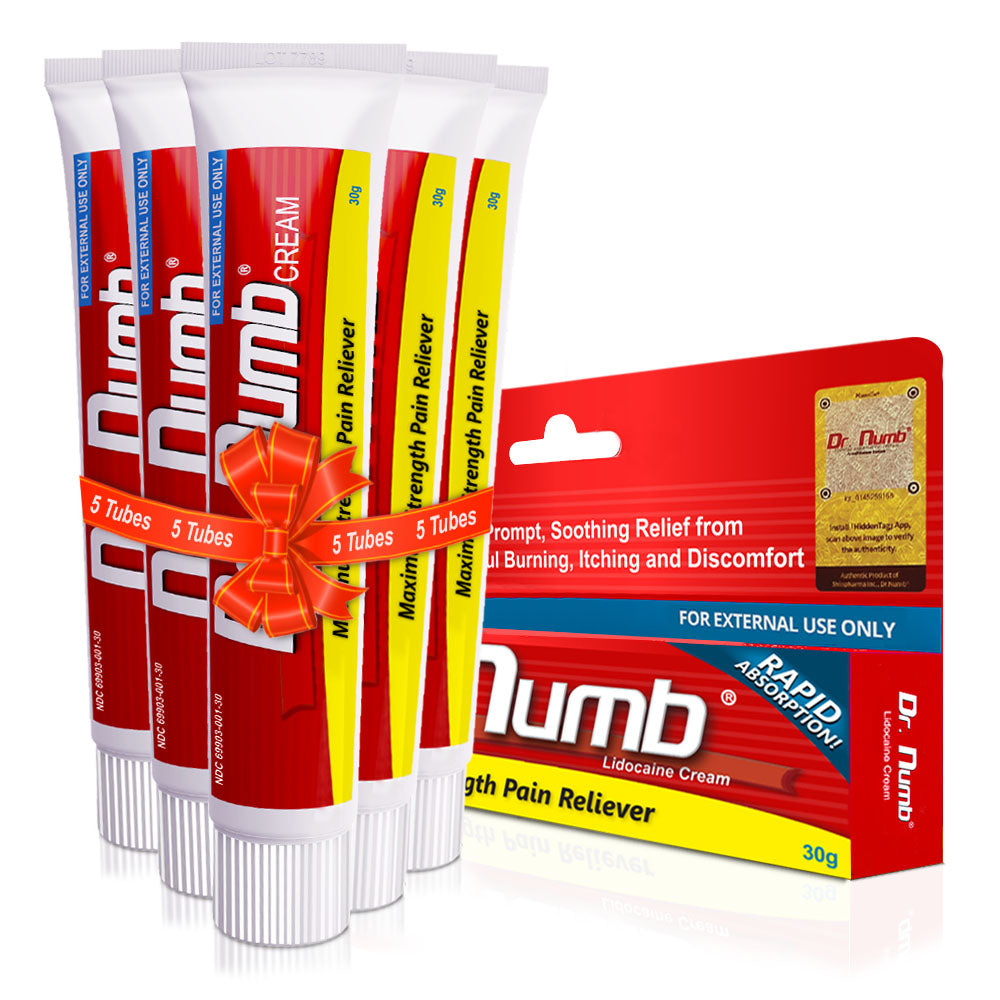









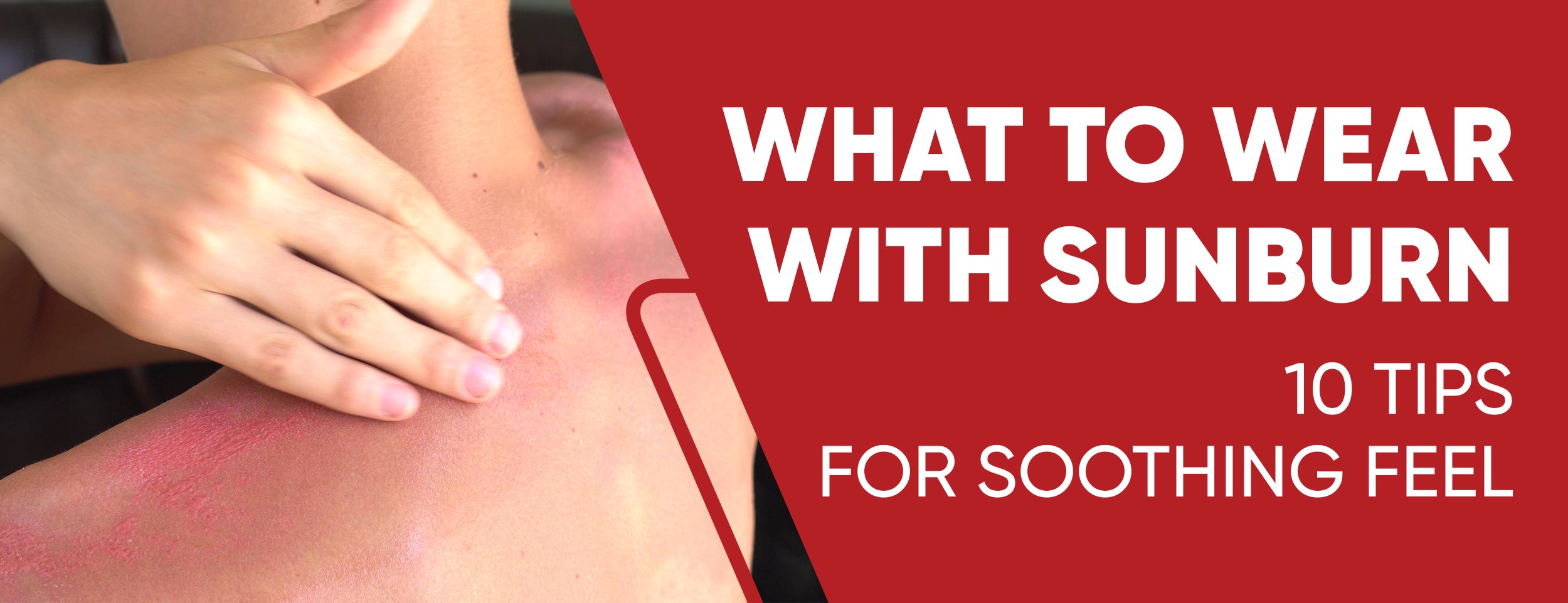
![How to Cover Sunburn With Makeup: 15 Ideas [Easy Solutions]](http://drnumb.com/cdn/shop/articles/How_to_Cover_Sunburn_With_Makeup__15_Ideas_Easy_Solutions.jpg?v=1705581434)
